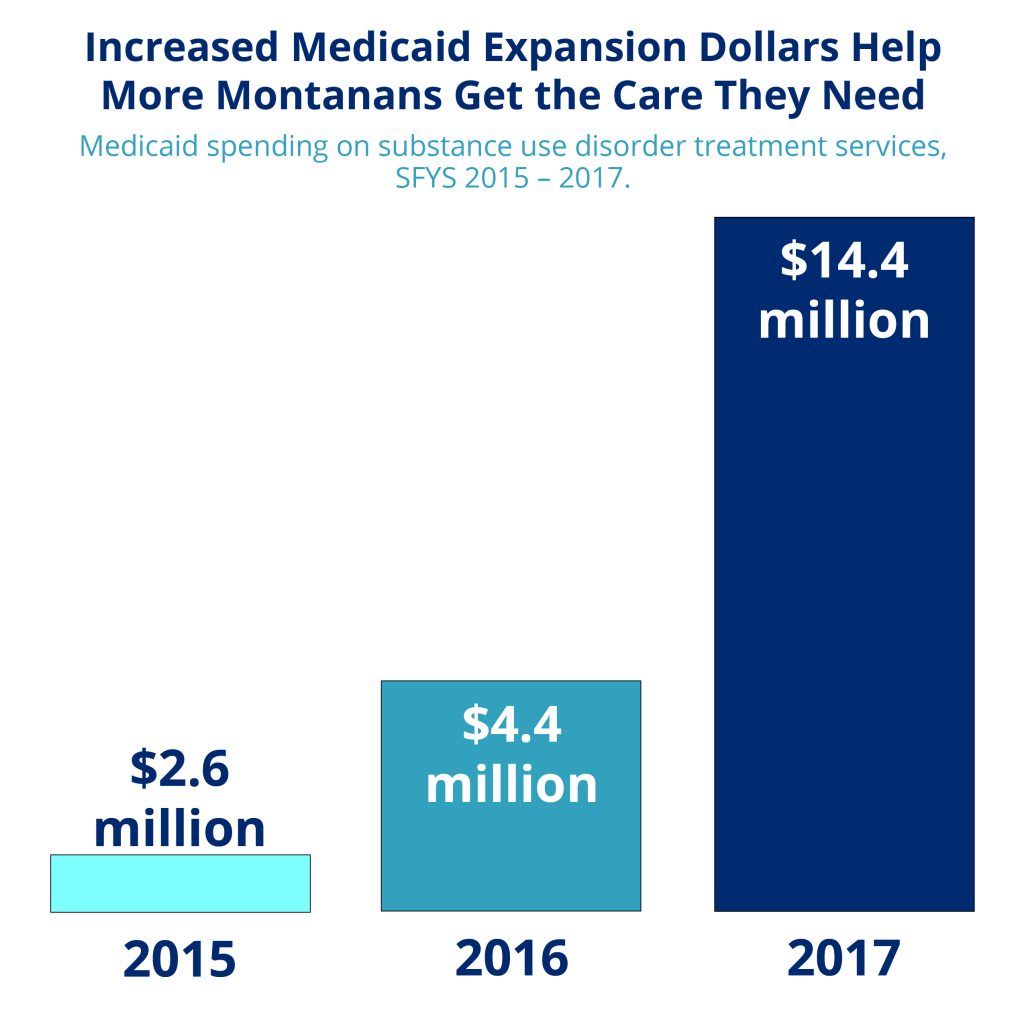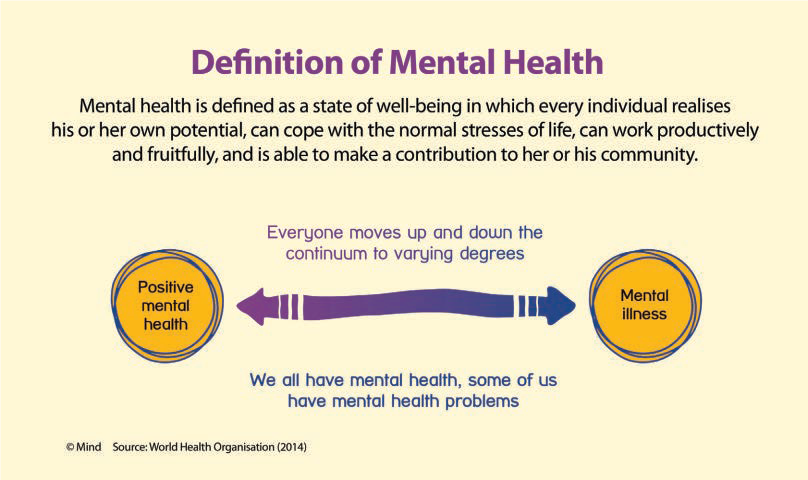currently have, or at some phase have actually had, a debilitating psychological health problem. according to the American Psychiatric Association. Mental disorder, particularly anxiety, is predicted to end up being one of the major health concerns in the future. The World Health Organization (WHO) states that anxiety is the leading reason for disability worldwide.
As childhood and adolescent psychological health conditions are so typical, it's baffling that we are not equipping our children with an understanding of psychological health. Undiagnosed, improperly treated or untreated mental health problem can seriously impact their capability to learn and grow. It can lead to unfavorable coping mechanisms and at worst, might lead to suicide.
School is where friendships start. It is where teens sharpen their sense of self-regard. It's likewise the location where children need to learn that their behavior towards others can trigger serious self-respect concerns. Numerous students experience disputes, bullying and social exclusion at school. Alex Crotty was only eleven when she began feeling miserable all the time.
She suffered alone and even switched schools, however that did not help. It was just when she was 14 that she told her mom what was going on. She was diagnosed with significant depression Addiction Treatment and anxiety and was able to receive treatment. Her story reveals the problem youths experience when it comes to speaking out about their anxiety or stress and Drug Rehab Center anxiety.
Some are better at handling these than others. Lots of children feel anxious, ranging from mild signs to more extreme kinds, such as panic attacks. When these symptoms are overlooked, they can cause anxiety, lack of efficiency and increased risk of substance abuse. The Netflix show "13 Factors Why" is presently in its 2nd season.
The Basic Principles Of How Does Stress Affect Your Mental Health
She commits suicide and leaves 13 tapes explaining why. The show has numerous detractors, consisting of health awareness specialists and moms and dads who believe that it provides very little insight into the psychology of suicide. how does sleep deprivation affect mental health. They think it highlights simply how bad things can get and how vicious teenagers can be and might even add to brand-new ways for teenagers to think about suicide.
Suicide is the 2nd leading cause of death for people aged 15 to 24 in the U.S. Current research study shows a possible connection in between increased social networks usage and psychological health although it's still unclear exactly how they are linked. What is clear is that young people are the most active users.
Without any long-term studies having been finished, we are still largely rating its influence. The benefit of social networks is that teens are hardwired to mingle, and social networks makes it simple and immediate. Teenagers in marginalized groups may discover it much easier to make buddies and find support. The drawback of social media is that those utilizing social media might be confronted with many negatives such as toxic comparisons, cyberbullying and less in person interactions.
Family, friends, instructors, and individuals themselves often discover little modifications in thinking and behavior prior to a mental disorder appears in the full-blown form. Discovering early indication, and doing something about it can assist. It can minimize the severity of the health problem, and it may even be possible to avoid or postpone the advancement of a major psychological illness.
In a short article composed by Nancy Barile, M.A.Ed. on the importance of psychological health awareness in schools, she relates how she saw some extreme modifications in one of her students over a brief period of time. The trainee no longer did her homework, and she would come to school in the same clothing, although she 'd formerly been careful about her appearance.
The Main Principles Of How Does Culture Affect Mental Health
Barile had some training in psychological health problems and recognized that the student remained in problem. Social employees on the personnel had the ability to speak with the trainee and discovered that she was depressed, self-destructive and in need of immediate psychiatric intervention. She was admitted to the medical facility for a short while, given medication and treatment and handled to finish with her class.
79% of British parents feel that mental check here health education must be a part of the curriculum in schools. Across the world, parents understand the requirement for mental health education for children. With 50% of psychological health conditions establishing in kids of age 14 or below, the assistance for the cause is proliferating.
Just as physical education belongs to the curriculum in schools, mental health awareness and education must be too. Our kids invest the majority of their day at school. We need to empower them with understanding about psychological illness. A growing variety of schools are starting to realize the importance of mental health education. how does sleep affect your mental health.
School-employed psychological health specialists deal with instructors to offer support and with parents to better comprehend trainees' needs and execute proper support. In July 2018, New York became the very first state in the U.S. to require mental health education for all students. The School Mental Health program will promote the healthy psychological, social, and behavioral development of all the students.
Mental health needs will be evaluated, and gain access to will be supplied to psychological health services and programs (how does cyberbullying affect mental health). As reported in United States News and World Report, a couple of small studies have discovered "that mentor high school trainees about mental health improved their attitudes toward treatment, increased willingness to seek help from a counselor and boosted their total psychological health literacy." There is a pressing need for more studies to figure out programs' effectiveness and recognize ways to enhance them.
The 7-Minute Rule for How Does Diabetes Affect Mental Health
Up until it is, instructors and administrators need to assist shine the light on the concept of self-care. And, they require to emphasize the truth that psychological health is an integral part of health. THE BOTTOM LINE A cultural shift in attitudes about mental health requires to start with the young.
Schools need to cultivate an environment in schools where mental health issues can be identified and attended to without being stigmatized. Awareness should be raised about mental health crises, such as self-harm, substance abuse, eating conditions and other unfavorable coping habits requires to be produced. If everybody in schools is empowered with knowledge, and dialogue is motivated, trainees will have the liberty to open about what they are going through.
As teachers, moms and dads and students throughout the nation continue to promote for more public school funding, the spaces in resources offered to students continue to broaden. One significant area of concern getting more attention over the previous couple of years is the deficiency of mental health resources in schools. Without the essential services, students, particularly those undiagnosed or without treatment, are falling back their peers.


are experiencing depression, stress and anxiety and/or behavioral disorders. "Mental conditions in youth can negatively impact ... kids's capability to accomplish social, psychological, cognitive, and academic turning points," the report stated. Evaluating information from the 2016 National Survey of Children's Health, the researchers found that 7.1% of children aged 3-17 years had anxiety issues, 7.4% had a behavioral conduct problem, and 3.2% had anxiety.
The study also indicates a near 20 percent treatment space in between children diagnosed with depression versus those experiencing stress and anxiety. Overall, roughly 78% of children with anxiety have actually received treatment, whereas treatment for stress and anxiety and behavioral/conduct issues was 59% and 54%, respectively. Without access to services, trainees with stress and anxiety are at greater threat of later developing anxiety.